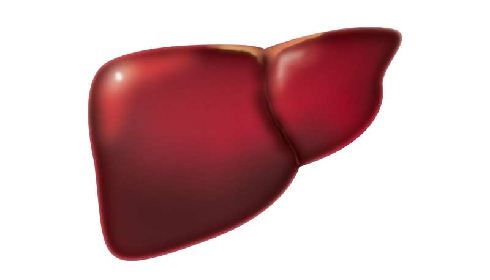
Apollo Hospitals Identifies Critical Need for Enhanced Fatty Liver Diagnosis in India
Apollo Hospitals, India's largest integrated healthcare provider, has uncovered a pressing need for improved diagnostic interventions for fatty liver disease. An analysis of comprehensive preventive health checks conducted on over 53,000 individuals revealed that 33% were diagnosed with fatty liver. Strikingly, only one-third of these patients exhibited elevated liver enzymes, underscoring the necessity of going beyond conventional blood tests for early detection and treatment.
Fatty liver disease diagnosis traditionally relies on patient history, physical examinations, and blood tests that measure liver enzyme levels and liver function markers. However, imaging techniques such as ultrasounds and fibro scans, which can detect fat accumulation in the liver, often reveal fatty liver disease even when blood tests do not. Despite their effectiveness, these imaging methods are not always prioritized due to issues with accessibility and the reliance on initial non-imaging assessments. Metabolic dysfunction-associated steatotic liver disease (MASLD), a significant cause of liver disease, increases mortality related to liver conditions, cardiovascular issues, and cancer.
“The lack of timely diagnosis of fatty liver disease (FLD) is a growing concern. Particularly metabolic dysfunction-associated steatotic liver disease (MASLD), caused by factors other than excessive alcohol use, is increasingly prevalent in India due to rising rates of obesity, diabetes, and metabolic syndrome,” said Dr. N. Murugan, Senior Consultant Hepatologist & Liver Transplant Physician at Apollo Hospitals, Chennai. “Despite its growing incidence, FLD often goes undiagnosed because it’s largely asymptomatic in early stages and would not necessarily reflect through a liver function test (LFT).”
Early detection through imaging techniques like ultrasound could lead to timely interventions, lifestyle changes, and treatment plans, significantly improving patient outcomes. Dr. Akash Roy, Senior Hepatologist at Apollo Hospitals, Kolkata, emphasized the need for healthcare professionals to incorporate ultrasound as a routine diagnostic tool for fatty liver disease to enhance patient care.
Weight reduction is a proven method to reverse fatty liver in its early stages, with even a 5% to 10% reduction in body weight significantly decreasing liver fat and inflammation.
“At Apollo Hospitals, our mission in designing preventive health checks was to ensure they are extremely comprehensive, yet relevant to each individual, enabling the early diagnosis of health issues,” said Dr. Sathya Sriram, CEO – Preventive Health, Apollo Hospitals. “With Apollo ProHealth, we personalize health checks based on individual risk factors, and our doctors interpret the results for precise guidance. We have also advocated for integrating ultrasound as a vital component of health checks, recognizing its substantial clinical benefits for true preventive care. We hope more healthcare providers will adopt imaging techniques for early detection of fatty liver disease.”
Fatty liver disease, linked to obesity and diabetes, signals metabolic dysfunction. High carbohydrate consumption raises insulin levels, leading to insulin resistance, disrupting metabolism, and causing excess glucose to convert into fatty acids stored in the liver. FLD includes two main types: alcoholic fatty liver disease (AFLD) and non-alcoholic fatty liver disease (NAFLD/MASLD). MASLD can advance to non-alcoholic steatohepatitis (NASH/MASH), which involves liver inflammation and damage, potentially progressing to fibrosis, cirrhosis, or liver cancer.
Apollo Hospitals' findings and advocacy highlight the urgent need for enhanced diagnostic strategies to combat the growing burden of fatty liver disease in India.